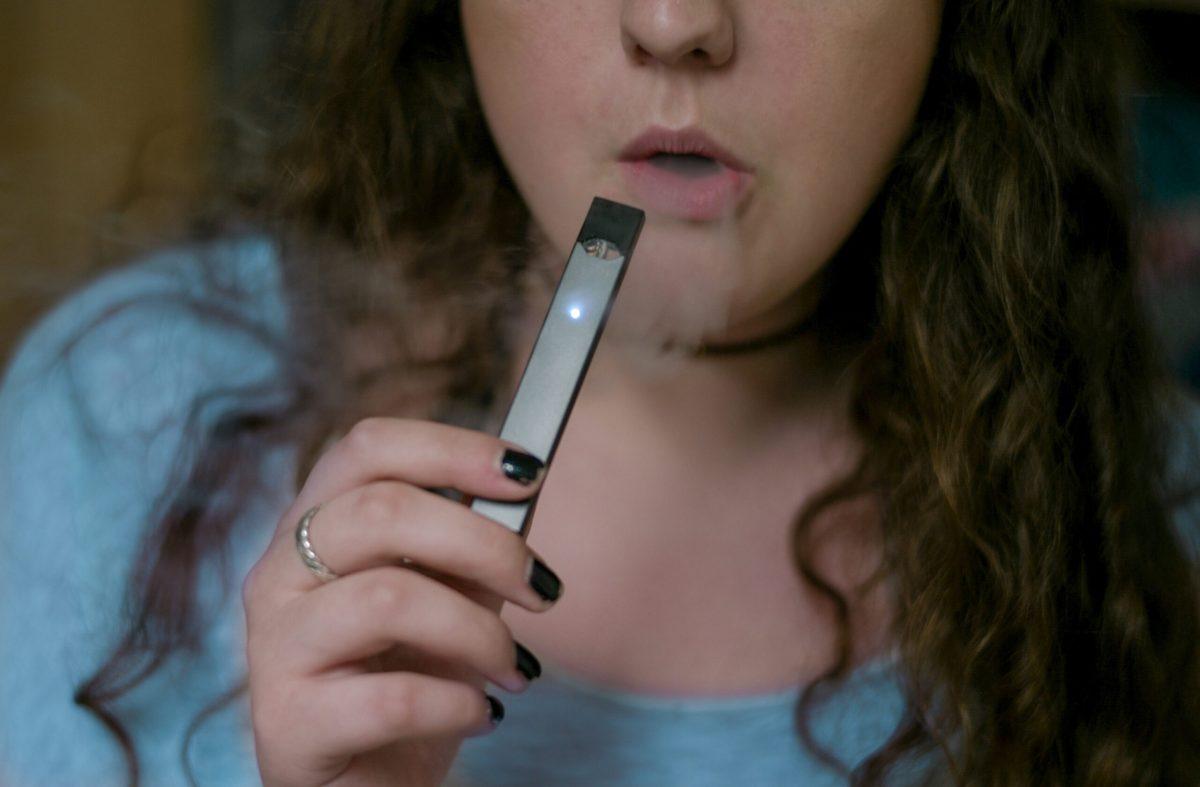
_Olivia Apostolovski is a freshman pre-Journalism major at MU. She is an opinion columnist who writes about social issues opinions for The Maneater._
College culture revolves around the idea of students and their newfound freedom, with whatever that may entail. Freshmen move away from home and, in the midst of their new environment, are able to pick up habits or continue ones that they may have had previously. These may include anything from skipping classes that they feel are unimportant to drinking and smoking, however frequently it may be.
According to the University Registrar, “regulations prohibit the unlawful possession, use, distribution, and sale of alcohol and illicit drugs.” However, the university has become very aware that students will still find ways to get around these regulations, and is not blind to the fact that students will turn away from the standards set in place.
Drinking is not something that is new on any college campus; fraternities are notorious for hosting parties where drinking is the centerpiece of the event. In order to teach students how to drink smarter (or avoid drinking at all), MU implemented the mandatory two-part AlcoholEdu training that every freshman must complete, which educates students on the do’s and don’ts of drinking, the typical ‘serving size’ of drinks and what to do in case of an emergency in relation to alcohol.
Anyone walking around a college campus can see that there is one habit that many students have and do openly, where as those who want to drink will do it in the privacy of their own houses or even dorms. E-cigarettes, JUULs and everything in between have become college kids’ new best friends, and it is easy to point out who partakes in this activity. Students like to be slick with the fact that they’re holding it in their hand, but when they put their entire closed fist up to their mouth and inhale, who are you really joking?
JUULs in particular are more widely seen on campus and are easy to point out; they look like a longer version of a flash drive and a good majority of
students on campus carry them around. The appeal to these e-cigarettes is lost on most, especially when a JUULpod is the equivalent to a pack of cigarettes anyway, with 5 percent nicotine in every pod.
Originally, JUULs were marked to the adult demographic, 21-years-old and older, as a way to wean them off of smoking cigarettes, but peaked the interest of the younger demographic. One can argue that the appeal to high school and college kids, however, could be the fact that the device is discrete and there is no smell, which would mean that is easier to hide from parents or other authority figures. There are multiple flavors to choose from as well, such as Blueberry, Watermelon, Caffe Latte and many more.
The trouble with JUULs and e-cigarettes is that they are exposed to a younger demographic, which is causing high school and college kids more issues.
The 2017 Monitoring the Future survey on adolescent drug use found that 11 percent of 12th graders, 8.5 percent of 10th graders and 3.5 percent of 8th graders had vaped nicotine in the previous 30 days. There are a lot of issues around the way that kids this young could obtain these devices, but since the age to purchase tobacco products ranges from 18-21 years old across the country, it wouldn’t be out of the ordinary if an individual bought an e-cigarette for someone younger.
The irony of this product is the fact that it is an e-cigarette. You are still getting the same amount of nicotine from a pod as you are with a pack of cigarettes. If anyone were to offer a cigarette to a teenager or to a college student, they would more than likely turn down that offer because it smells, doesn’t taste good and isn’t appealing. But here we have an e-cigarette, which smells good and tastes good, and suddenly everyone is interested.
The real question to be asked is how many college campuses does this affect? Coming from Joliet, a city south of Chicago, where everywhere smoked weed instead of sticking a flash drive in between their lips, this seems like a stupid habit that could only lead to more destruction. It is everywhere you turn though, whether students want to do it for the so-called ‘head high,’ genuinely have an addiction, or are trying to wean themselves off of cigarettes, JUULs have seem to become a new norm for college culture.
Personally, I have never experience the need or want to take a hit whenever my friends have offered, but I can understand why they might keep this device close at hand. It is discrete and so far, not a large majority of people know what it looks like and how to identify it. School and life can be stressful, especially if you are living away from home in a state you’ve never been to before and you are responsible for yourself in ways you have never been previously. This device could be used to have fun, or as a way to relieve stress.
Where will this end up? Will JUULs and e-cigarettes be more restricted by school policies? This poses the question of addiction in our generation. Will there be more issues with nicotine than with drugs and alcohol? And how long will this trend go on for? Until there is another device that promises better results at half the cost?